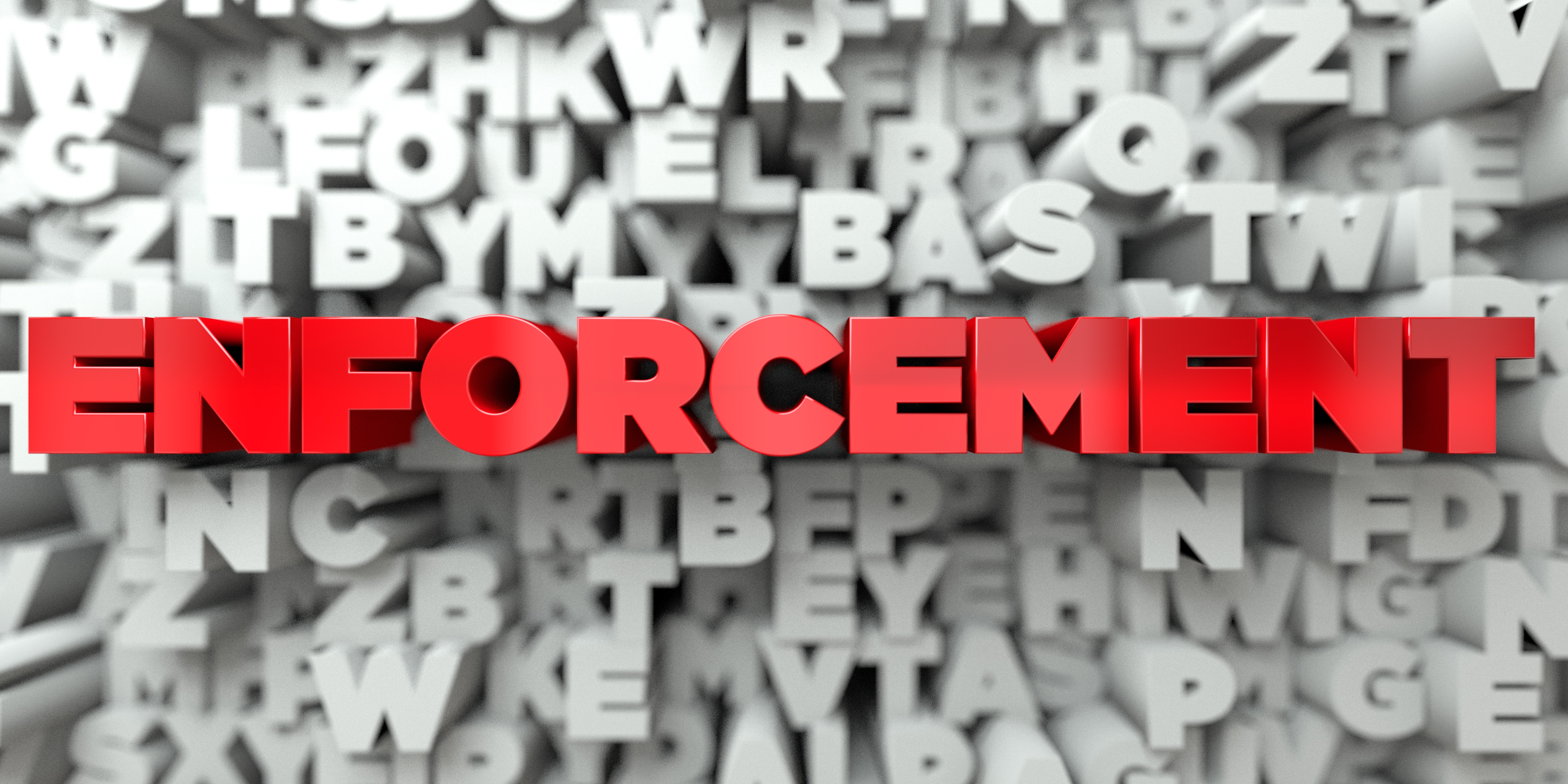
The Update #88 newsletter from California Board of Accountancy for Winter 2019 lists 22 disciplinary actions, by my count. These are the actions taken with effective dates through the end of 2018.
Here is a tally of license revocations, surrendered licenses, and revocations with stay categorized by the underlying issue as I aggregate them:
| Crime | SEC | no PR | Audit fail | Audit&PR | other | ||
| Revocation | 3 | 1 | 2 | 6 | |||
| Surrender | 2 | 1 | 1 | 4 | |||
| Revoc stayed | 2 | 1 | 1 | 1 | 6 | 1 | 12 |
| total | 7 | 2 | 2 | 2 | 6 | 3 | 22 |
The meaning of column headings:
- Crime – conviction of a crime, which range from a DUI for one person (with two more DUIs which had not previously been reported to CBA, which CBA discovered during their investigation), tax evasion, and obstruction of justice.
- SEC – Sanction from SEC, usually a ban from practice. Underlying issue is usually not mentioned. Imposition of sanctions is sufficient by itself for discipline.
- No PR – did not obtain a peer review when required. One person falsely stated no peer review was needed on the 2012, 2014, and 2016 license renewals.
- Audit fail – Failure of one, or sometimes two or three audits. These usually are worded by the CBA in such a way as to infer it was a rather spectacular audit failure.
- Audit&PR – Both an audit failure and a failure to get a peer review. Sad pattern is 6 of 8 audit failures had no peer review.
- Other – consisting of ignoring most of the terms of a previous probation order, blowing off repeated requests and instructions from CBA, and substantive CPE issues.
Some observations:
Just in case you hadn’t thought about it, CPAs engage in the same foolishness and have the same foibles as non-CPAs. We are not exempt from the messiness of life. Thus, the disciplinary action for crimes.
Revocation stayed means the license has been revoked with the revocation put on hold (i.e. stayed) for a probationary period. Normally the probation term is three years but for one CPA his probation is four years. I don’t recall seeing a four year probation before.
Failure to comply with terms of probation could result in the board pulling back the stay and implementing the initial action. See first of the ‘other’ category described above. By the way, the one mentioned above didn’t just have some minor technical violation of probation or do some little thing that stepped a little out of line. The CBA asserts the CPA didn’t make three quarterly cost reimbursements, didn’t pay the required administrative penalty, didn’t file three quarterly reports, let his corporation license lapse, didn’t get a 4 hour ethics course, and didn’t get a 2 hour regulatory rules course. Oh, he also didn’t file the peer review report stating whether he needed a peer review or not.
Of the 8 audit failures, the comments in the newsletter only indicates nature of the audit(s) twice. One was for pension work and another was A-133. Perhaps more were for pension and government audits, but the writeups do not say so.
For one of the audit failures, the CPA has to reimburse CBA $6,081 for investigative costs. For another audit failure the reimbursement is $12,155.
One CPA must have been particularly difficult to deal with because the reimbursement is $41,342. Yes, over 40 grand. Due in quarterly installments during the three year probation.
For the license surrender with an audit failure, the now-former-CPA will need to reimburse the board $38,112 before the board will consider reinstating the license.
Of the 8 audit fails, 3 CPAs have a ban on audits, reviews, and comps during probation. Of those, 2 may resume those services after CBA gives permission to do so. The notes for one CPA do not contain that comment to possibly resume attest work some day. It would appear that CPA has a lifetime ban on attest work.
So, based on this newsletter, how can CPAs stay out of trouble? First and foremost, do good audit work. Second, don’t blow up SEC engagements. Third, don’t commit felonies.